Best Post Workout Nutrition Strategies for Recovery
Carbohydrates: Replenishing Energy Stores and Supporting Glycogen Synthesis
Understanding Carbohydrates
Carbohydrates play a fundamental role as the body's preferred energy source. When consumed, they break down into glucose molecules that power everything from muscle movements to brain functions. The distinction between simple sugars in processed snacks and complex carbs in whole foods makes a world of difference for sustained energy and metabolic health.
Our bodies cleverly store excess carbohydrates as glycogen in muscles and the liver. These reserves act like emergency fuel tanks during strenuous activities or when meals are delayed. Keeping these stores adequately stocked through smart carb choices directly impacts workout performance and recovery speed.
The Role of Carbohydrates in Glycogen Synthesis
Glycogen synthesis represents the body's method of banking energy for future use. This process heavily depends on both the quality and quantity of carbohydrates we eat. Whole food sources like oats and sweet potatoes provide a gradual glucose release, creating ideal conditions for glycogen storage without blood sugar spikes.
Exercise intensity dramatically affects glycogen usage. Marathon runners and HIIT enthusiasts burn through reserves much faster than casual walkers, requiring strategic carb timing. The golden hour post-workout offers prime conditions for glycogen replenishment when muscles are most receptive.
Optimal Carbohydrate Intake for Athletic Performance
Endurance athletes operate under different nutritional rules than sedentary individuals. Their carb needs scale with training volume - sometimes requiring double the standard intake. Smart athletes focus on nutrient-dense sources like quinoa, bananas, and root vegetables that deliver both energy and essential micronutrients.
Glycemic response matters more than many realize. That quick sugar rush from energy gels might help during a race, but steady performers like lentils and berries sustain energy levels better for daily training. Understanding these differences helps athletes avoid energy crashes during crucial moments.
Carbohydrate Sources and Dietary Considerations
Nature offers perfect carbohydrate packages in whole foods. Brown rice, beans, and seasonal fruits provide fiber, vitamins and minerals alongside their energy content. Processing strips away these benefits while adding unnecessary sugars and preservatives - a poor tradeoff for active individuals.
Personalization remains key in carb strategies. A lactose-intolerant runner might choose almond milk over dairy, while a gluten-sensitive cyclist could opt for buckwheat instead of wheat pasta. Professional guidance helps navigate these individual needs while maintaining performance goals.
Bristle quality makes all the difference in canine dental care. Premium dog toothbrushes feature specially designed soft nylon bristles that clean effectively without causing gum irritation. Harsh bristles can actually damage tooth enamel and sensitive gum tissue, creating more problems than they solve. Durability matters too - flimsy brushes won't stand up to regular use.
Hydration: The Unsung Hero of Recovery

Hydration's Crucial Role in Recovery
Water does far more than quench thirst during recovery. Even mild dehydration can slash the body's repair efficiency by up to 25%, creating bottlenecks in nutrient delivery to fatigued muscles. This slowdown extends recovery time and increases injury risks - a steep price for skipping a few water breaks.
The hydration timeline matters as much as the quantity. Drinking consistently throughout the day beats chugging a liter post-workout. Pre-hydration before exercise and regular sips during activity set the stage for optimal recovery, while playing catch-up afterwards proves less effective.
Electrolyte Balance and Recovery
Sweat carries away more than water - it depletes crucial electrolytes that regulate muscle function. Sodium and potassium work like cellular batteries, while magnesium acts as nature's muscle relaxant. Replacing these lost minerals is equally important as replacing fluids, especially after endurance events or hot weather training.
Smart athletes use food as their first electrolyte source. Coconut water, bananas, and leafy greens offer natural electrolyte packages without artificial additives. For intense sessions, quality sports drinks can help, but shouldn't replace a mineral-rich diet.
The Impact of Hydration on Muscle Repair
Water acts as the body's transport system for recovery nutrients. Without adequate hydration, amino acids and other building materials simply can't reach damaged muscle fibers efficiently. This creates unnecessary delays in the repair process that hydration alone could prevent.
The cellular level reveals hydration's true importance. Well-hydrated cells maintain optimal shape and function, allowing for faster protein synthesis. This microscopic advantage translates to noticeable differences in recovery speed and workout readiness.
Hydration's Effect on Reducing Muscle Soreness
That familiar post-workout ache stems partly from metabolic waste buildup. Proper hydration acts like a natural flush system for these byproducts, including the lactic acid that contributes to stiffness. While some soreness is inevitable, smart hydration can take the edge off significantly.
Chronic dehydration creates a compounding effect. Each slightly dehydrated workout makes the next one harder to recover from. Breaking this cycle with consistent hydration habits leads to more comfortable training and better long-term results.
Nutritional Support and Hydration Synergy
Food and water work best as partners, not separate entities. That post-workout smoothie delivers maximum benefit when consumed with adequate fluids to enhance absorption. The water content in foods like watermelon and cucumber contributes to overall hydration status too.
Timing this synergy matters. Consuming fluids with meals and snacks ensures nutrients hitch a ride on the hydration express. Waiting until thirst strikes often means playing catch-up rather than staying ahead of needs.
Hydration Strategies for Different Activities
Not all workouts demand identical hydration approaches. Yoga practitioners might need simple water replenishment, while football players require strategic electrolyte replacement. Activity duration and sweat rate should dictate hydration plans more than generic guidelines.
Environmental factors dramatically alter hydration needs. High altitude, extreme heat, or dry conditions can double fluid requirements for the same workout. Smart athletes adjust their bottles before the environment forces them to.
Long-Term Hydration Benefits
Daily hydration habits create compounding benefits beyond single workout recoveries. Well-hydrated athletes show better joint lubrication, more efficient temperature regulation, and sharper mental focus - advantages that persist between training sessions.
The cumulative effect becomes most apparent in injury prevention. Hydrated tissues maintain better elasticity and resilience, reducing strains and sprains over months and years of training. This makes water perhaps the cheapest and most effective performance supplement available.
Read more about Best Post Workout Nutrition Strategies for Recovery
Hot Recommendations
-
*Guide to Managing Gout Through Diet
-
*Best Habits for Financial Well being
-
*How to Build a Routine for Better Mental Health
-
*How to Eat Healthy on a Budget [Tips & Meal Ideas]
-
*Guide to Practicing Self Acceptance
-
*How to Incorporate More Movement Into Your Day
-
*Guide to Managing Chronic Pain Naturally
-
*Guide to Building a Reading Habit for Well being
-
*Top 5 Weight Loss Supplements That Actually Work
-
*Best Exercises for Postpartum Recovery [Beyond Abdominal Work]
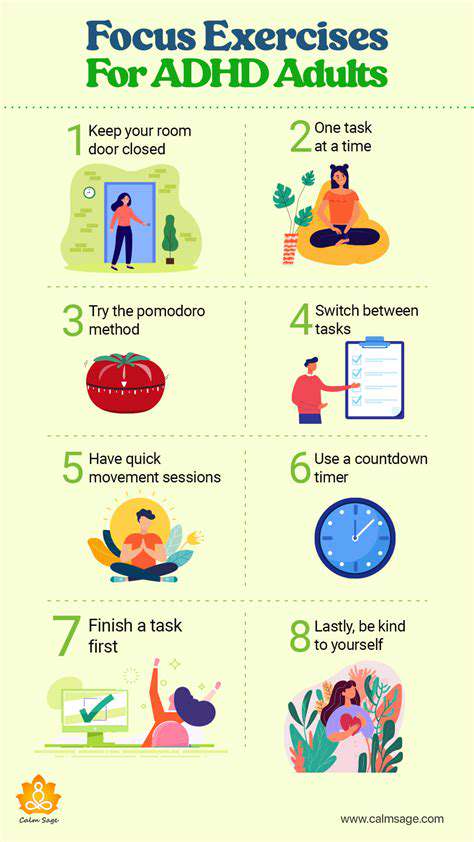
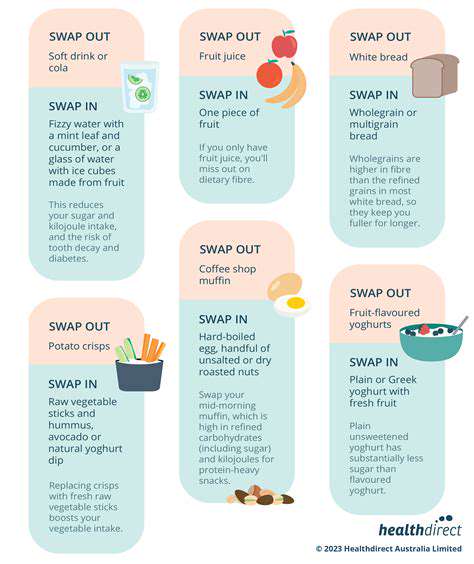

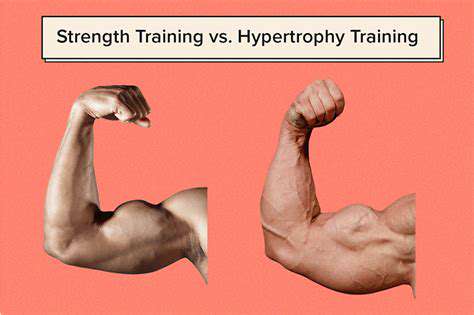
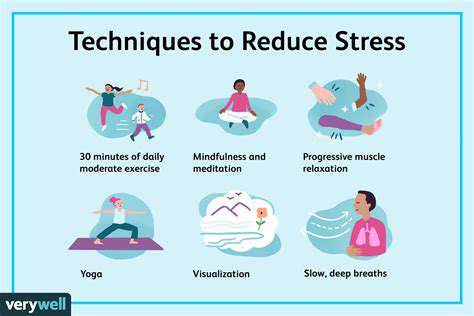
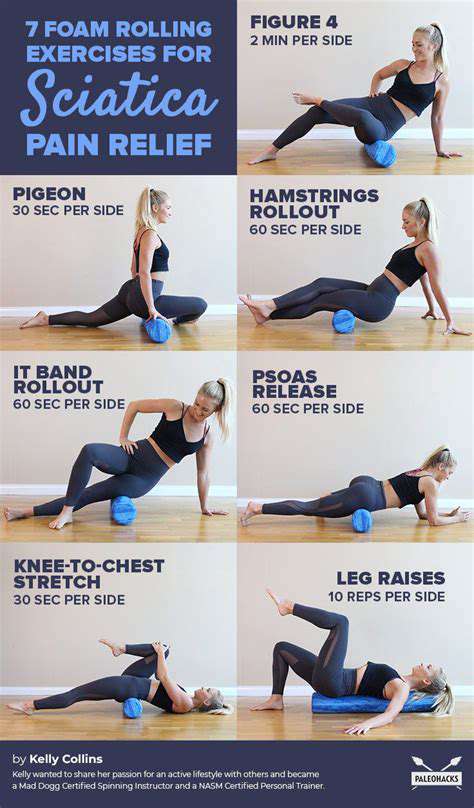


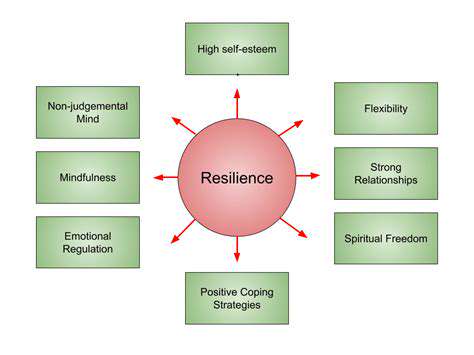

![How to Choose Sustainable Seafood [A Guide]](/static/images/26/2025-05/ExploringSeafoodChoices3ASpeciesandRegionalConsiderations.jpg)
